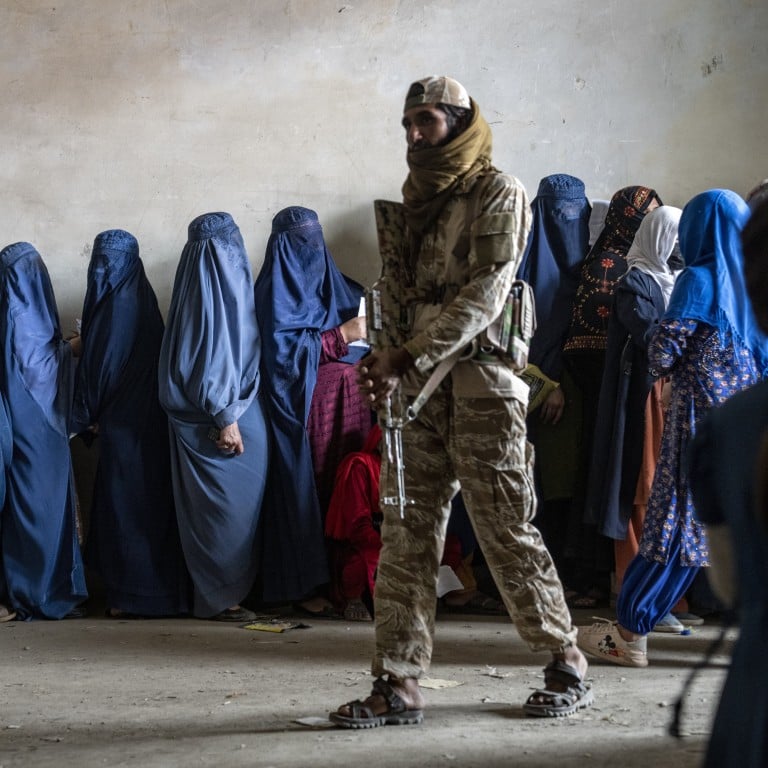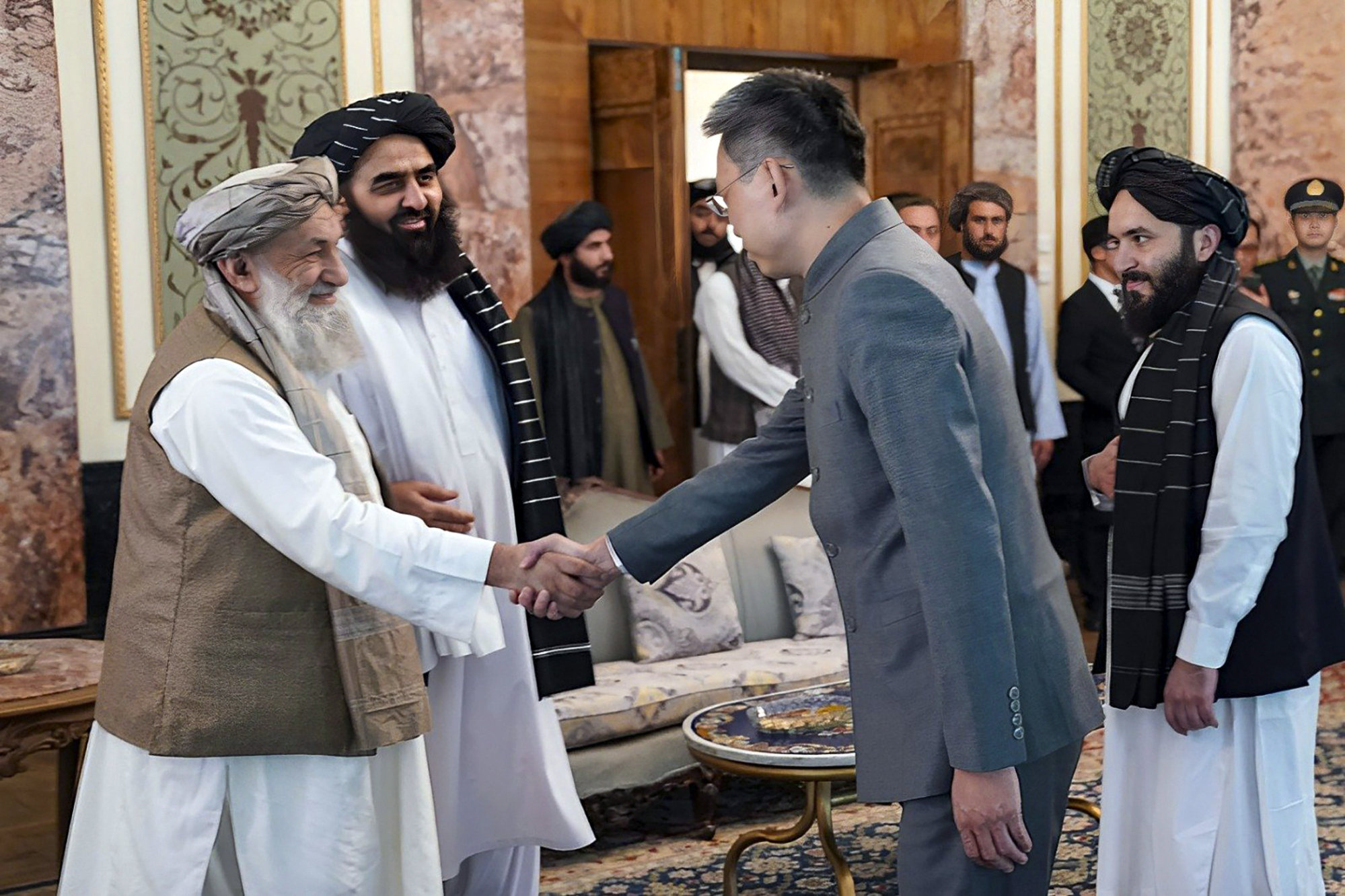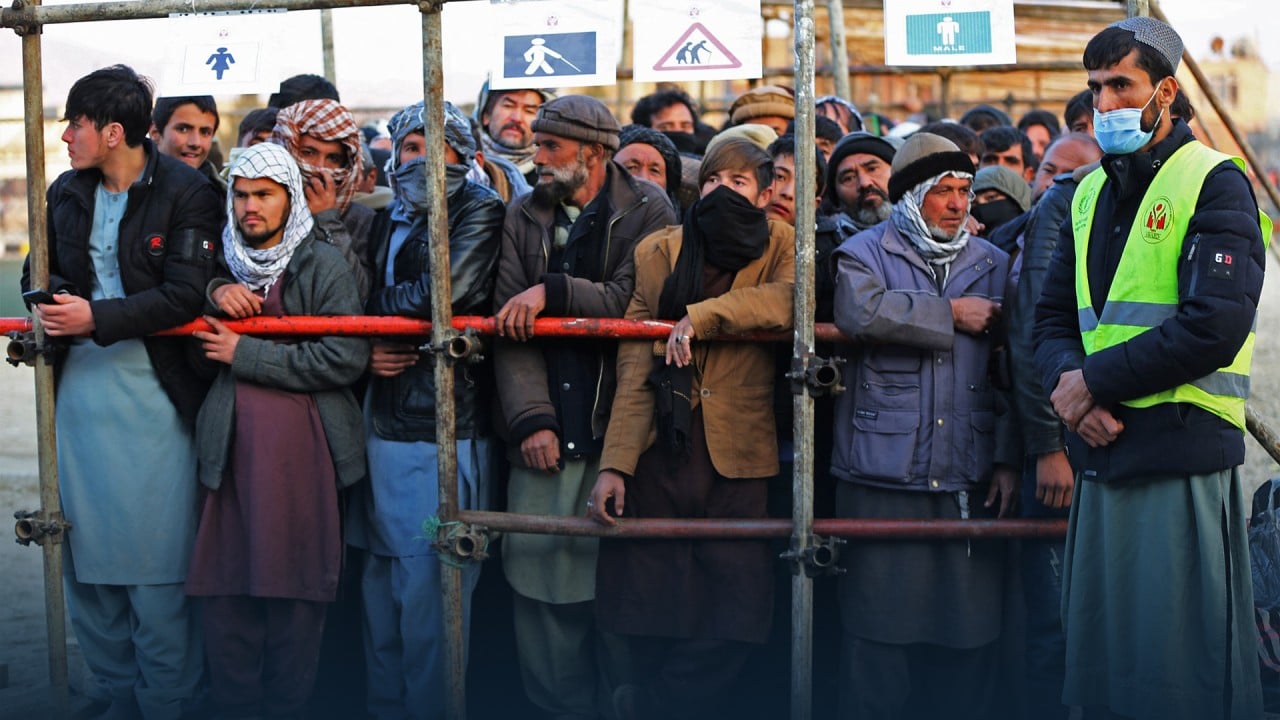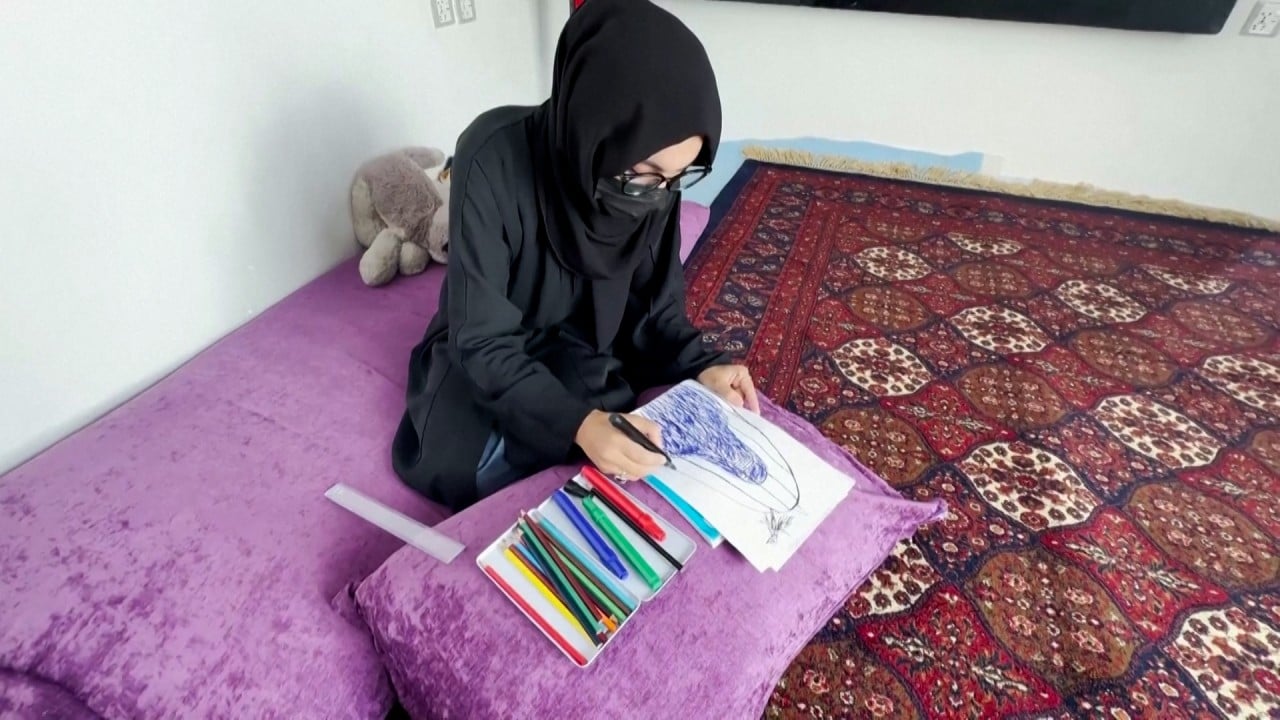
World is betraying Afghan women by legitimising the Taliban
- Engaging with the Taliban in the hope it reverses its position on human rights is naive, particularly when the situation for women is worsening
- The Taliban is counting on the world – particularly the West – to put the humanitarian crisis and threat of terrorism above human rights
On December 29, the UN Security Council passed a resolution on the Afghanistan independent assessment, meant to be a blueprint of “forward-looking recommendations” to fully integrate Afghanistan into the international community through increasing engagement in a more coherent, coordinated and structured manner.
But there is a catch. The report provides clear guidelines for the Taliban to be legitimised, including that: “Any formal reintegration of Afghanistan into global institutions and systems will require the participation and leadership of Afghan women.”
It seems a fair offer, the Taliban treating women in accordance with their human rights and getting a seat at the international table in return.
But the reality on the ground tells a different story. Many countries have been engaging with the Taliban for months, even years – and this engagement is leading to fears that human rights have taken a back seat.

And Japan has maintained full diplomatic relations with the Taliban since 2021. Last October, Japan’s new ambassador Takeyoshi Kuramaya promised to improve relations with Kabul.
The US has also engaged with the group, with a delegation meeting senior Taliban officials in Doha last July. The US had previously said that the Taliban addressing human rights concerns was a precondition for discussions. It appears the US has blinked first, seeing deeper engagement with the Taliban as a way to tackle human rights.
Taliban’s acting minister of industry and commerce Nooruddin Azizi claims Afghanistan has trading relationships with 60 countries, including India, China and Pakistan, and is using these relationships to work towards “self-sufficiency” – showing the Taliban isn’t as isolated as once thought to be.
If the Afghan economy is improving, it’s no thanks to the Taliban
The Taliban, it seems, has won a game of patience with the international community. While the group sees official recognition as its ultimate goal, deeper engagement by several countries suggests this may only be a matter of time. The Taliban is hoping the world – particularly the West – decides to put the humanitarian crisis and threat of terrorism above human rights.
While the US and others cannot be seen to be abandoning Afghan women, they appear to be doing just that. Engaging with the Taliban in the hope it reverses its position on human rights is naive, particularly when human rights groups say the situation for women is worsening. If these countries are wrong and the Taliban doesn’t change, it would be a devastating and damaging betrayal of women in Afghanistan.
The solution is consistency, and this can be found in the UN’s Afghanistan independent assessment. It is vital that the international community holds firm and ties deeper engagement with human rights, particularly for women. Countries such as the United States and China also need to stop dealing with the Taliban in trade or dialogue outside the assessment guidelines, as the group has shown it will take advantage of any division.
The world appears to be at an important junction when it comes to Afghanistan’s future. Its people – particularly women – have been forgotten by the world before and are at risk of being again. This can’t be allowed to happen. The world needs to stand firm on the Taliban and human rights.
Chris Fitzgerald is a freelance journalist and project coordinator for the Platform for Peace and Humanity’s Central Asia Programme



